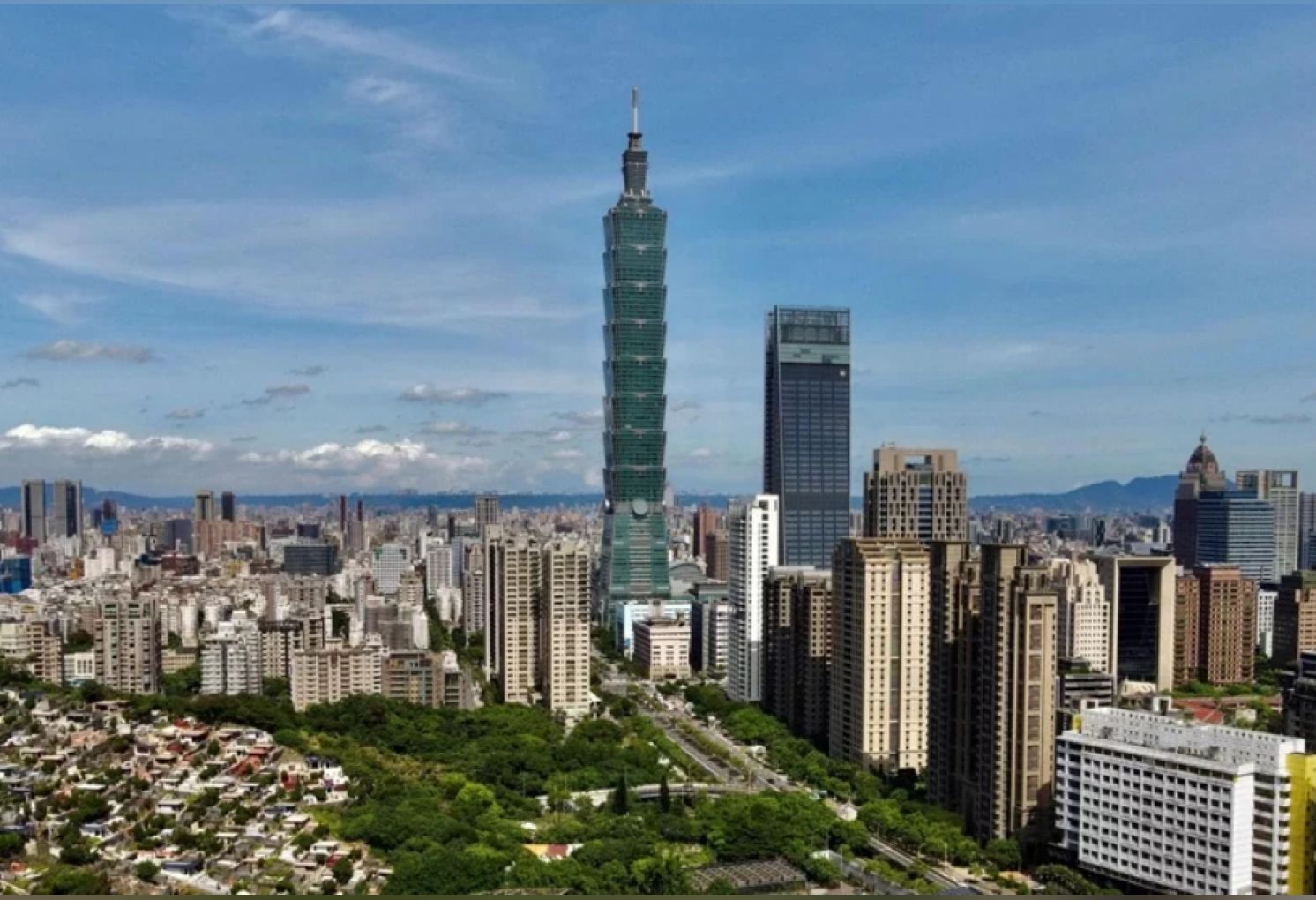
This Week in Taiwan 0424-0430
April 25: The Executive Yuan has promoted air conditioning for every classroom, installing more than 184,000 air conditioning units in more than 3,500 public primary and secondary schools across Taiwan. At Heh Sheng Primary School in Pingtung, Premier Su Tseng-chang connected with 22 local government executives to synchronously activate air conditioning in classrooms.
A total of NT$32.3 billion (about US$1.09 billion) was invested by the central government and NT$3.49 billion (about US$118 million) by local governments to complete circuit improvement projects, air-conditioning installation, and power management systems.
April 26: The number of days of quarantine for contacts of local coronavirus (COVID-19) confirmed cases was shortened from seven days to "3+4," including three days of isolation followed by four days of autonomous epidemic prevention. During the autonomous period, one must test negative by rapid test before he can go to work and shop for necessities while wearing a mask. One may not go to school during this period. For travelers entering Taiwan from abroad, the "10+7" regime remains unchanged.
April 28: The United States House of Representatives passed with an overwhelming majority a resolution directing the Department of State to develop a strategy to help Taiwan regain its observer status in the World Health Assembly (WHA). The resolution was passed by the Senate in August last year and will be sent to President Joe Biden for signature. The Ministry of Foreign Affairs expressed its sincere gratitude.
April 28: The registration system to purchase rapid test kits has been implemented. One may purchase with his National Health Insurance card nasal rapid test kits, five doses per person, for NT$500, at 4,904 pharmacies and 58 public health facilities across Taiwan. Crowds were segregated by even or odd numbers on people's national identification cards.
Chaos was observed frequently on the first day, and queues appeared at pharmacies in various places. However, the National Health Insurance system was repeatedly reported to be down. The public complained about the government's failure to plan in advance. Minister of Health and Welfare Chen Shih-chung, who heads the Central Epidemic Command Center, apologized and asked people to blame the virus.
April 29: The Food and Drug Administration, Ministry of Health and Welfare, approved the first household saliva rapid test kit originally manufactured in South Korea, with a verified positive consistency rate of 95.83 percent. An estimated 30 million doses are expected to be imported by local businesses. But some legislators, finding that the head of the importer Chen Chann-chien is also the chairman and general manager of Medigen Vaccine Biologics, called upon the Control Yuan to investigate whether there is any corruption or abuse.
April 29: Standard & Poor Global Ratings announced that it will upgrade Taiwan's sovereign rating to AA+ with a "stable" outlook. S&P Global Ratings assumes that cross-strait relations should not deteriorate in the direction of major military or economic conflict in the next three to five years, while close economic and trade relations between China and Taiwan will support continued cross-strait relations. This is the second time in 21 years that Taiwan has achieved a AA+ rating.
April 29: White House Press Secretary Jen Psaki stated on April 28 that President Joe Biden of the United States will visit South Korea and Japan for the first time from May 20 to 24. At the Quadrilateral Security Dialogue in Tokyo, President Biden is expected to reiterate that U.S. policy towards Taiwan based upon the Taiwan Relations Act remains unchanged. Secretary of State Antony Blinken also stated in Congress that the Indo-Pacific Economic Framework is open and inclusive and need not exclude Taiwan.
April 30: In a forum organized by the Fair Winds Foundation, former Vice Premier Woody Duh stated that the global trend of net-zero carbon emissions will become a driving force for the electric vehicle (EV) industry. Taiwan's EV industry has software and hardware advantages in automotive electronics. The industry has an opportunity to surpass semiconductors and become Taiwan's new flagship industry.